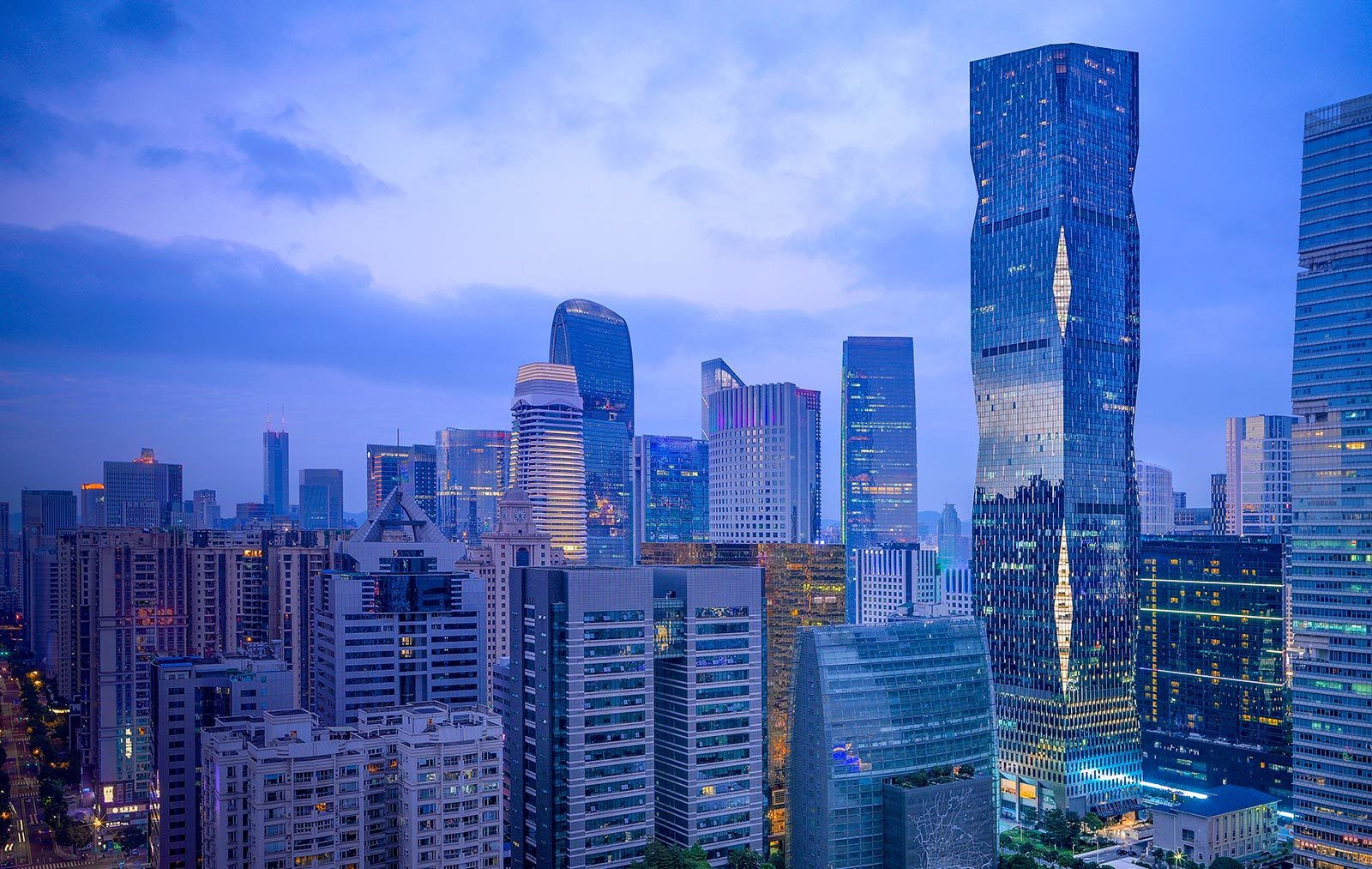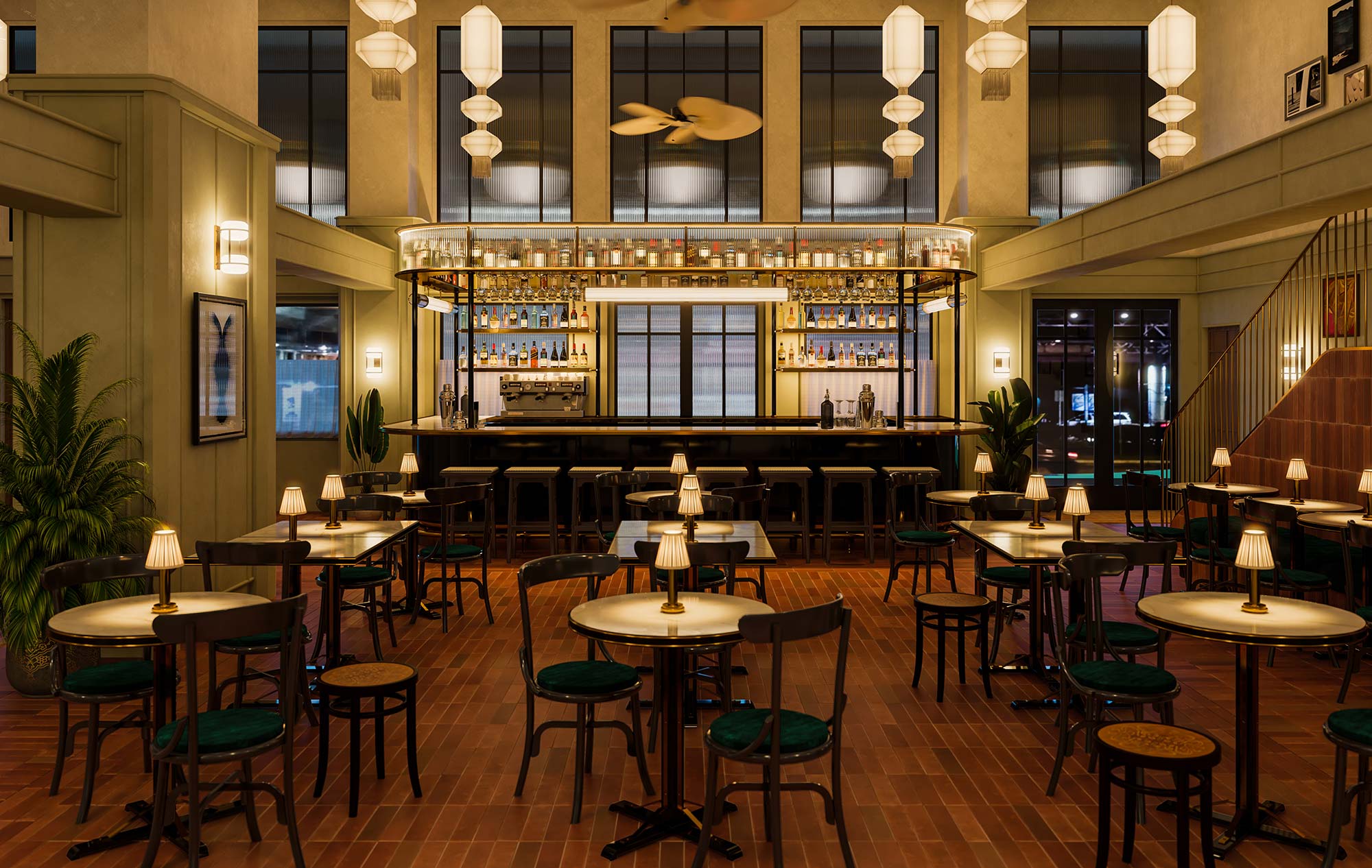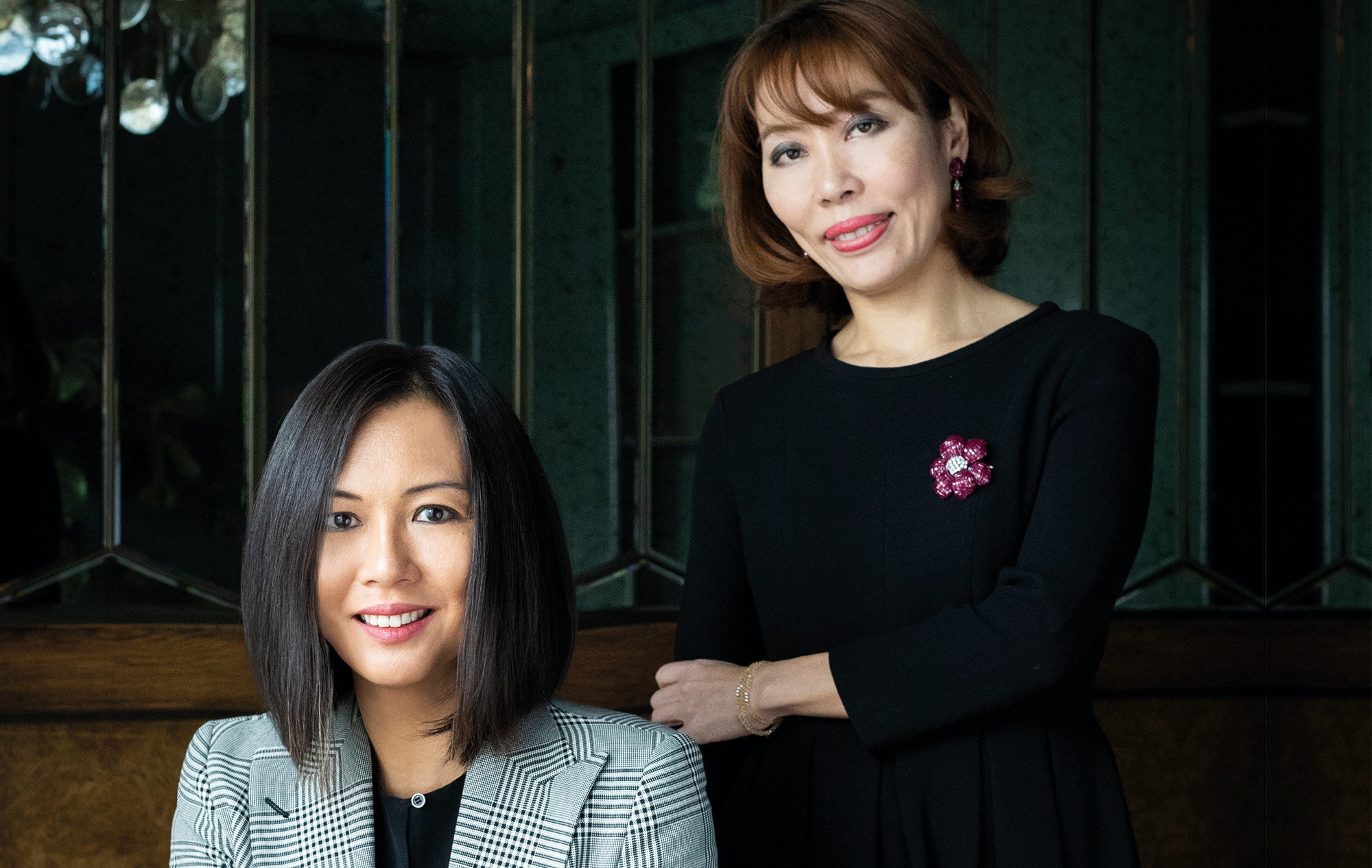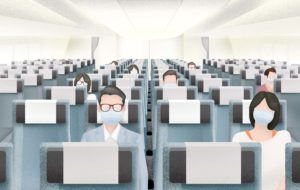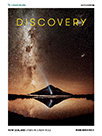More than 470,000 metric tonnes of shipping move through Qingdao’s port each year. Iron ore and beer – a legacy of the city’s days as a German colony – are among the top exports. Located on the western shore of the Yellow Sea, the city has a long maritime history, but, like so many cities, Qingdao needed to diversify and the winds of change have blown in new trades.
Corporations like Hyundai, General Motors and Caterpillar already have a presence in the city. In 2013, Qingdao announced a three-year initiative to boost tech enterprises. Amazon opened an innovation centre in March and is planning on supporting 750 firms in the next five years; and HP opened a 3D printing centre. Haier, the Qingdao-based home appliances maker, announced last year that it had developed more than 1,500 projects and incubated 2,500 micro-businesses through its innovation platform, iHaier.
Entrepreneurs see several benefits of launching a start-up in the laid-back, coastal city. ‘The cost of living is lower than other cities in China, so getting started won’t cost you as much,’ says Mark Koester, who organises Startup Weekends for UP Global in Qingdao. ‘It’s also a small but diverse market, so it’s a good place to market test a product.’
Initiatives drawing in talent have been complemented by government schemes encouraging entrepreneurship. ‘More and more people are confident in starting their own business,’ says Kevin Zhao, founder of Link Community, a local incubator. ‘The local government has promulgated a series of subsidy policies. For example, leading entrepreneur talents can receive incentives of RMB 1.2 million; RMB 300,000 to RMB 400,000 for high-tech enterprises; and RMB 300,000 to RMB 1 million for entrepreneurship contest winners.’
In 2016, GDP surpassed RMB 1 trillion, with an average annual growth rate of 7.9 percent, and annual foreign investment has more than doubled in the past five years, reaching US$7 billion a year. In March, the city was praised by Premier Li Keqiang in a speech at the China-Germany Forum. If those in the world of innovation hadn’t heard of this city, they have now.
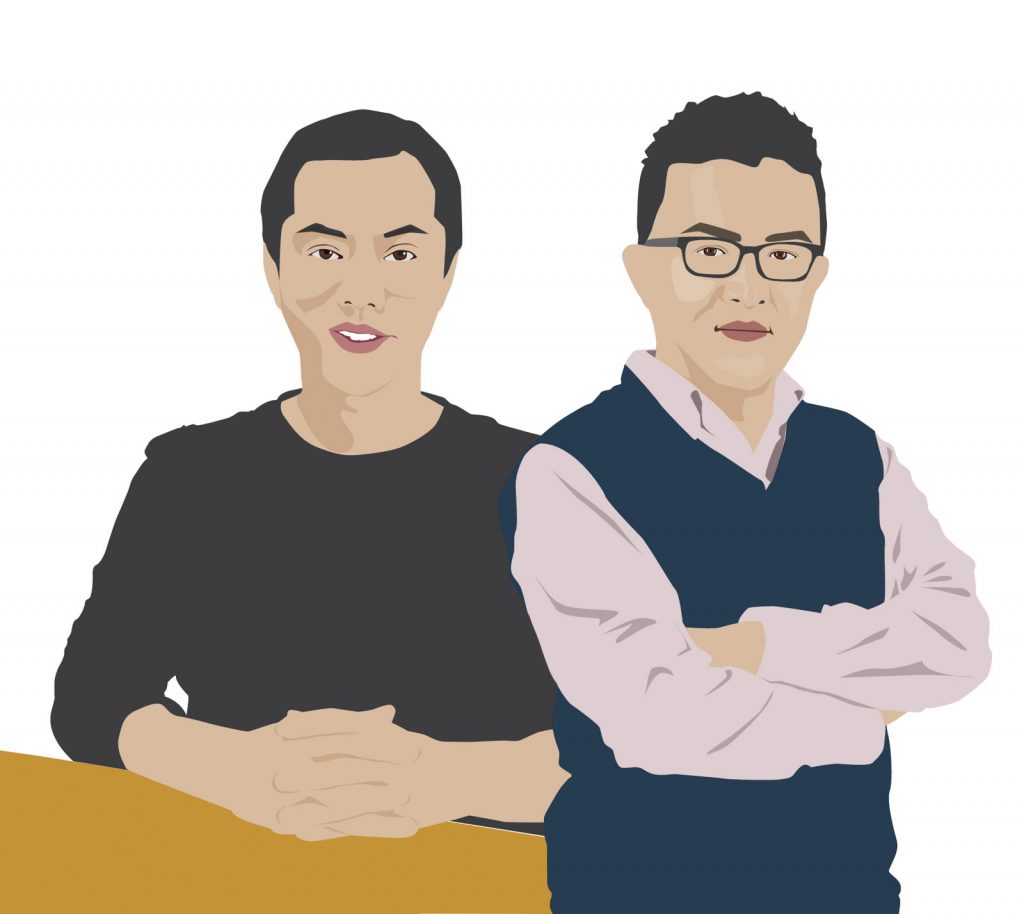
The People: Eric Jiang and Liu daping
Switched on to a smarter light bulb
In the near future, you will use simple verbal commands to switch on the lights in a room or even adjust their colour. This technology is available already and a Qingdao startup called Yeelight is bringing it to China.
Eric Jiang and Liu Daping, graduates from Ocean University in Qingdao, founded the company in 2012. Both moved into jobs in R&D with Lucent Technologies, a telecommunications firm, before breaking away to found Yeelink, a cloud service platform. They quickly identified gaps in the smart home market and began building their own products. Yeelink morphed into Yeelight. The pair now manage unit sales in the hundreds of millions.
‘I think there are three key factors that allowed us to succeed,’ says Jiang, co-founder and COO of Yeelight. ‘First was great timing. Secondly, we joined the Xiaomi ecosystem in 2014. Third, as we are based in Qingdao, the cost is relatively low and that helped us to survive in the early years.’
The partnership with Xiaomi gave the startup a huge boost; Yeelight is among a select few companies that the phone and smart home giant supports and promotes. Since establishing the partnership, Yeelight’s products, especially its smart bulbs, have been among the top-selling smart home products in China – even while competing with the likes of the Philips Hue range. The company sold 500,000 smart lights between 2015 and 2016, and annual growth has steadily increased by 100 percent or more for the past two years.
Yeelight’s location has also played a part in its success. ‘There are advantages and disadvantages to starting a business in Qingdao,’ says Jiang. ‘Qingdao doesn’t have as much support in place as top-tier cities, and marketing lags here. However along with lower costs, there is a lot of technical talent here.’ yeelight.com
The Product: Magene biking sensor
Making fitness smarter and more fun
The Gemini 200 is the world’s first smart sensor for home biking equipment that measures both speed and cadence simultaneously. Just

attach the small sensor to your bike’s wheel, and it will send the data to your devices by Bluetooth or ANT.
The Gemini 200 was the first product of Qingdao-based parent company Magene, and it set pulses racing in the home biking industry by combining sleek design and performance with data integration and machine learning. It was the top-selling item in Taobao’s fitness store one month after launch, and since then it has reached markets across Asia, including Thailand, Taiwan, South Korea and the Philippines.
‘We are dedicated to establishing an ecosystem that brings together professional coaches, athletes and sports fans that use training apps as a daily pastime,’ says company representative Sally Liu. That ecosystem includes both software and hardware.
Onelap, the company’s newest product, is an app that allows users to share cycling times with one another and even compete against friends, with riders appearing on road courses in a virtual environment.
Liu cites the company’s base in Qingdao as key to its early successes. ‘We have greatly benefited from the upgraded consumer environment in China and government policies that promote entrepreneurship as well as innovation.’
Additional reporting by Letitia Lin
What to watch
The big picture
Wanda Studios was established in Qingdao in 2013 by the Dalian Wanda Group, the huge property developer and cinema chain operator. It will soon house the world’s largest movie production facilities and aims to give Hollywood a run for its money. wandastudios.com
Pick me
Shangshaban is a new type of job app. Rather than uploading a traditional CV, users record a video of themselves to show off their personalities to potential employers, and interviews can be conducted directly within the app’s interface. shangshaban.com
In ship shape
Earlier this year, Qingdao New Qianwan Container Terminal became Asia’s first fully automated container terminal. Rather than requiring 60 people to unload a ship, the terminal runs primarily on artificial intelligence, with just a handful of human workers supervising.





